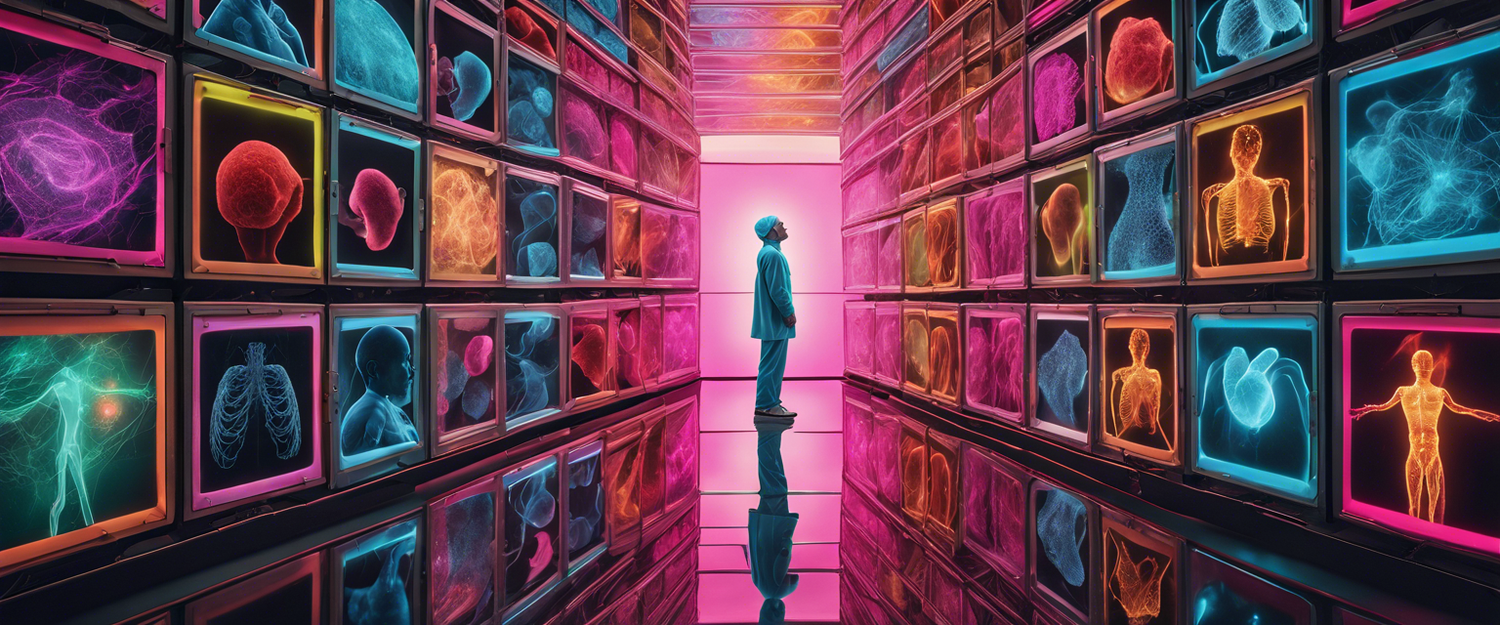Desvelando el lado positivo de las alucinaciones de IA en el descubrimiento científico
A medida que la tecnología sigue evolucionando, la inteligencia artificial (IA) está encontrando su lugar en una variedad de campos, incluida la investigación científica. Interesantemente, las recientes percepciones han arrojado luz sobre el papel de las alucinaciones de IA—instancias donde la IA produce resultados erróneos o inesperados—en la promoción de descubrimientos científicos innovadores.
¿Qué son las alucinaciones de IA?
Las alucinaciones de IA se refieren al fenómeno donde los sistemas de inteligencia artificial generan resultados o conclusiones que se desvían de la realidad. Estas inexactitudes pueden derivarse de varios factores, incluidos sesgos en los datos, fallos en los algoritmos o limitaciones en el conjunto de datos de entrenamiento. Si bien a menudo se perciben como perjudiciales, estos "errores" pueden desencadenar ideas innovadoras y experimentos.
Impulsando innovaciones en la investigación del cáncer
Una de las aplicaciones más prometedoras de las alucinaciones de IA es en la investigación del cáncer. Los científicos están utilizando conceptos inesperados generados por IA para investigar nuevas vías para el tratamiento del cáncer. Según un resumen reciente de The New York Times, los investigadores están explorando hipótesis que no habrían considerado sin la influencia de los resultados de IA.
Revolucionando el diseño de medicamentos
El proceso de diseño de medicamentos se basa tradicionalmente en vías bioquímicas establecidas. Sin embargo, las alucinaciones de IA pueden llevar a los investigadores a explorar nuevas interacciones moleculares. Al sugerir compuestos e interacciones no convencionales, la IA ayuda a identificar candidatos a fármacos que de otro modo podrían haber pasado desapercibidos.
Inventando dispositivos médicos
Los modelos de IA capaces de generar soluciones novedosas han demostrado ser beneficiosos en el diseño de dispositivos médicos. Las salidas incorrectas pueden llevar a ingenieros y diseñadores a replantearse sus enfoques, allanando el camino para dispositivos innovadores que mejoran la atención al paciente y mejoran las capacidades de diagnóstico.
Descubriendo fenómenos meteorológicos
En meteorología, las alucinaciones de IA están siendo aprovechadas para descubrir fenómenos meteorológicos complejos. Al generar hipótesis basadas en datos históricos, las herramientas de IA están ayudando a los meteorólogos a predecir mejor eventos climáticos extremos y entender patrones climáticos, contribuyendo a estrategias de preparación para desastres más efectivas.
Perspectivas de expertos sobre el papel de la IA en la ciencia
Amy McGovern, una científica informática en un instituto federal de IA, enfatiza los aspectos positivos de las alucinaciones de IA. Ella afirma: "El público piensa que todo es malo. Pero en realidad le está dando a los científicos nuevas ideas. Les está dando la oportunidad de explorar ideas que de otro modo no habrían considerado". Esta perspectiva ilustra cómo la curiosidad científica puede prosperar incluso en medio de inexactitudes.
Conclusión: Abrazando las alucinaciones de IA para el progreso científico
La narrativa en torno a las alucinaciones de IA está cambiando, con más énfasis en su potencial para inspirar el descubrimiento. A medida que los científicos continúan aprovechando las capacidades de la IA, abrazar estas salidas no convencionales podría llevar a avances significativos en varios campos.
Lectura adicional
- Science Daily - Mantente actualizado sobre los últimos avances de investigación científica.
- MIT Technology Review - Explora tecnologías innovadoras que están transformando nuestro mundo.
- Nature - Descubre investigaciones innovadoras en revistas científicas.



Dejar un comentario
Todos los comentarios se revisan antes de su publicación.
Este sitio está protegido por hCaptcha y se aplican la Política de privacidad de hCaptcha y los Términos del servicio.